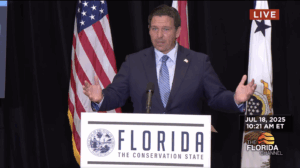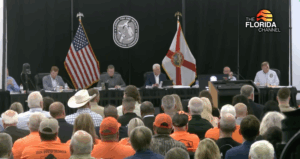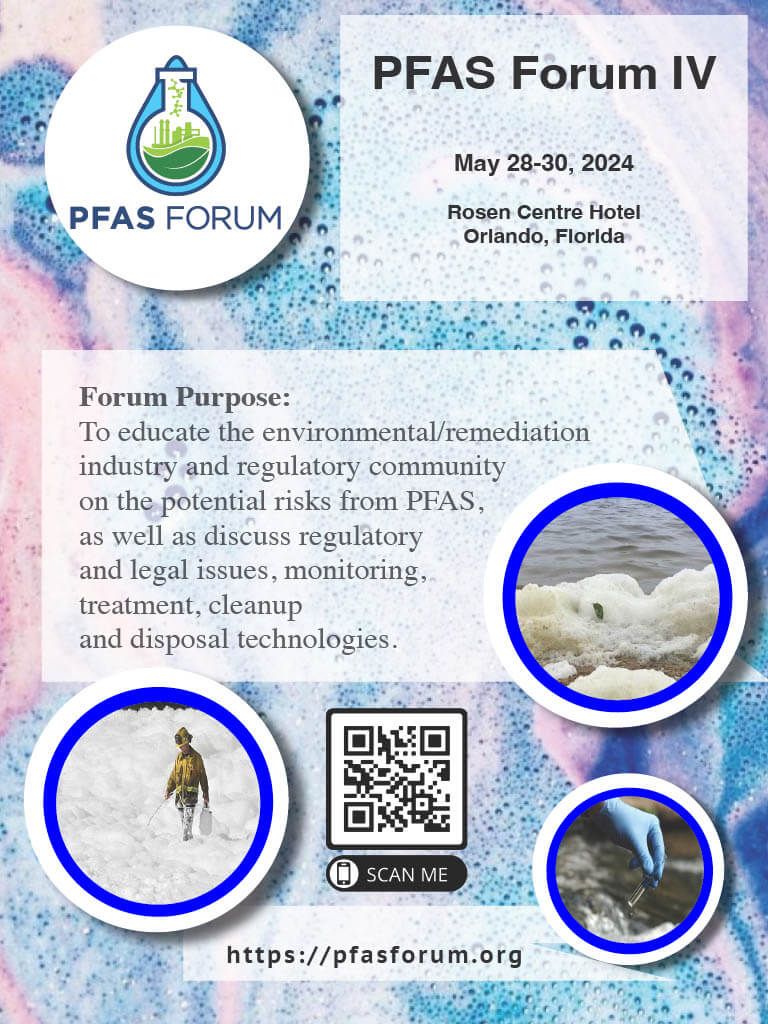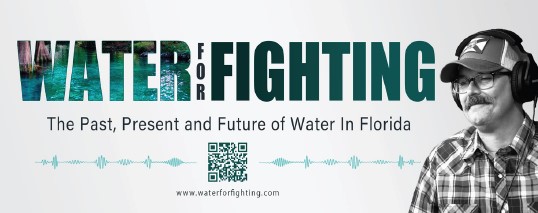STAFF REPORTS
Updated May 16, 2024
This week, Florida filed another action with the Court of Appeals to urge them to stay the lower court’s decision to vacate the Florida 404 Program, and a ruling was requested by May 21st. The filing can be found here.
Updated April 26, 2024
The Florida Department of Environmental Protection late Thursday filed a motion to stay the U.S. District Court’s order removing the agency’s authority to issue 404 permits while the case is being appealed.
According to the Department, it wishes to continue processing permits while the appellate court hears it’s appeal of a February order that removed the program from the state and sent it back to the U.S. Army Corps of Engineers.
The appeal can be found here.
A statement from DEP:
The Florida Department of Environmental Protection looks forward to making its case on appeal to defend the U.S. Environmental Protection Agency’s approval of Florida’s 404 Permitting Program and overturn the lower court’s legal errors.
DEP is also seeking a stay pending the appeal process to limit the disruption to the more than 1,000 State 404 permit applications that were pending. Beyond just large-scale development projects, the court’s decision directly impedes efforts to review and authorize a wide range of 404 permit applications that benefit the environment, the economy, and the public.
Updates on the status of Florida’s State 404 Program are being routinely posted on this webpage.
Updated March 22, 2024
The U.S. House of Representatives passed a bill on Thursday along party lines that would keep the 404 permitting program with DEP. However, sources are concerned that the Senate won’t take up the House amendment (to protect Florida’s 404 Program) in the Senate version of the bill. The Governor’s office and stakeholder groups are engaged on the issue in Washington D.C.
Then, there is the veto threat from President Biden.
DEP released the following information late Thursday:
Today, the U.S. House of Representatives passed the Creating Confidence in Clean Water Permitting Act (H.R. 7023), which includes an amendment by U.S. Representative Aaron Bean (FL-4) that would codify the U.S. Environmental Protection Agency’s approval of Florida’s Section 404 Program. The bill now moves to the U.S. Senate.
Below is DEP’s statement on the issue:
The ability for states to regulate their own natural resources is vital, especially for a state like Florida where protecting its unique environment contributes to its economic success.
Congress’ action today is a testament to cooperative federalism, a cornerstone of the Clean Water Act.
Federal regulations provide for delegated programs and have proven successful time and time again. In fact, in addition to the Section 404 Program, the U.S. Environmental Protection Agency (EPA) has delegated authority to Florida to administer other programs on its behalf, including other provisions under the Clean Water Act, the Safe Drinking Water Act and the Clean Air Act. Unilateral federal control of the process will continue to delay development, resilience and conservation projects that are vital to Florida communities. Florida knows its resources best to ensure clean water, protect the environment and promote responsible development within the state.
Not only is Florida’s 404 Program a product of a bipartisan effort spanning multiple administrations, but it is also the product of multiple state and federal agencies working together to devise an efficient regulatory program that promotes optimal environmental protection. DEP remains committed to defending EPA’s approval of the program in upcoming phases of litigation.
Statement from Congressman Bean:
I’m excited to share that my amendment to protect Florida’s 404 Program from federal overreach has passed. We have to be good stewards of our unique natural resources in the Sunshine State, and my amendment continues to give Florida the flexibility to make the decisions that are best for us. We will reduce project costs andsave taxpayer dollars,allwhileimproving responsiveness to applicants and the communities’ projects they serve.

















